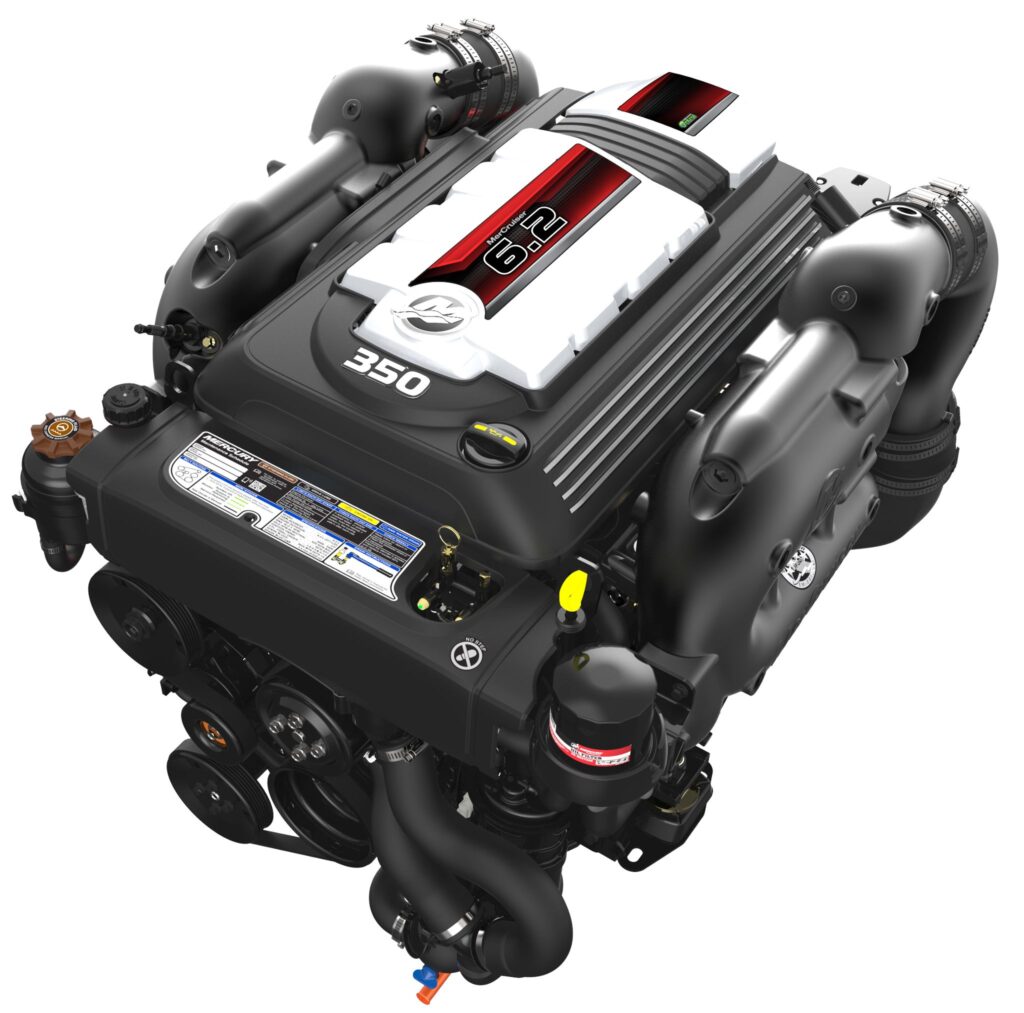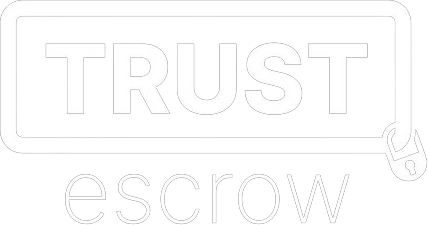Marine myths. Understanding engine hours
Yacht Master Inc
Marine myths. Understanding Engine Hours
We often see the line “low hours”, or “barely used” when searching for used boats. Is this a good thing? Great used boats are hard to find anywhere and just as tough in Ontario. Their scarcity makes it more challenging to be selective, and can move you towards deciding on a boat that is “right now” vs. “right for us”. An average boater in Eastern Ontario will use their boat for 20-50 hours per season. However, the range can be from 5 – 200 hours annually.
One of the most common questions we get when handling a used boat inquiry is “how many hours does it have”. There are a number of opinions about boat engine hours, most of them siding in the lower is better camp. It is true that one predictor of engine and boat life is hours of operation. In theory, an engine will only run for a certain number of hours before it requires a major overhaul. This is a generally accepted truth in the boating industry.
However, like any “facts”, this one does have some conditions and exceptions that make engine hours a bit of a paradox:

- Not all hours are equal. You can take a boat/engine that has been used gently for 400 hours, and stack it up against the identical package that has only 325 hours but has been used in a harsh environment, with an aggressive operator. The former boat with 800 hours may be in far better condition, with fewer long term maintenance issues and actually last years longer.
- Time can sometimes be harder on boats than usage. Take a boat that has sat idle for most of it’s life with low hours, and a boat that has been used three times as much, lovingly maintained and serviced, and used regularly, and the boat with low hours can often be more problematic (corrosion, impellers taking shape, fuel degradation, sun exposure, etc.).
- Higher hours can tell you one thing for certain….the boat worked well enough to have some great usage. If the previous owner put a high number of hours on it, they had to love using it, and it had to work well to do it! Isn’t that in of itself a possible predictor of satisfaction? Boaters often put artificial ceilings on hours: anything over 1000 is too high for that age, etc. The truth is, that if the boat got used, it got loved. Marine gasoline engines can run 2500 hours or more if properly maintained before needing a major overhaul.
- Most boats greater than 15 years old, and even some built today with certain power options, do not have an hour meter. If you find an older boat with an hour meter, how do you know if it is original equipment? When was it installed, and has it been changed out? If the engine is an “EFI or MPI” model, it most likely has a computer (ECM) that logs hours and is more accurate than in the dash gauges.
- Low hours could be signs of an import. If a boat was imported from the US and was used in a salt environment or a sunny climate, it could be “distressed”. That is the term for inventory that needed to be
- Sold/liquidated and may have sat around in boat yards/auction houses for significant periods of time.
We often see the line “low hours”, or “barely used” when searching for used boats. Is this a good thing? Great used boats are hard to find anywhere and just as tough in Ontario. Their scarcity makes it more challenging to be selective, and can move you towards deciding on a boat that is “right now” vs. “right for us”. An average boater in Eastern Ontario will use their boat for 20-50 hours per season. However, the range can be from 5 – 200 hours annually.
One of the most common questions we get when handling a used boat inquiry is “how many hours does it have”. There are a number of opinions about boat engine hours, most of them siding in the lower is better camp. It is true that one predictor of engine and boat life is hours of operation. In theory, an engine will only run for a certain number of hours before it requires a major overhaul. This is a generally accepted truth in the boating industry.
However, like any “facts”, this one does have some conditions and exceptions that make engine hours a bit of a paradox:

For a more comprehensive resource for used boat buying – check out the link here for a complete guide.
You may also want to hire a certified marine surveyor to inspect and report on the used boat you are shopping for.
None of these safeguards will 100% guarantee your used boat will be hassle free. Boats are mechanical devices, that require regular maintenance, and periodic repair. Our advice to is not that hours are unimportant, but rather they are not the whole story. A boat’s condition has many factors. Find someone you can trust to guide you through the process. A boat is never a commodity…if it goes well, the purchase is the beginning of a relationship.













